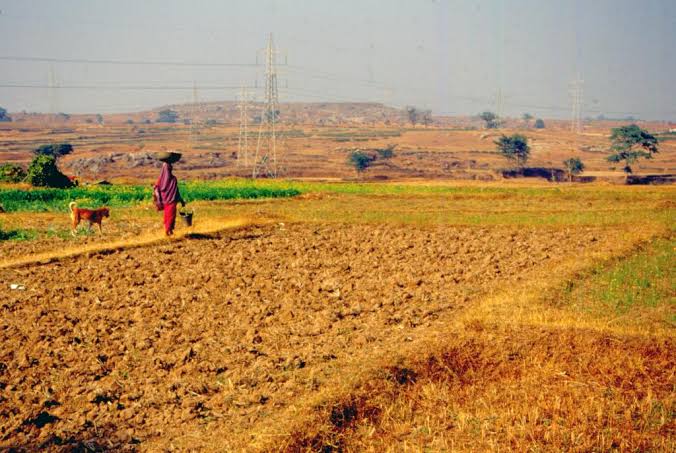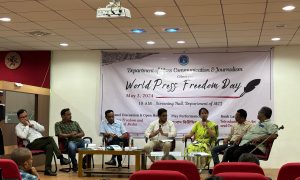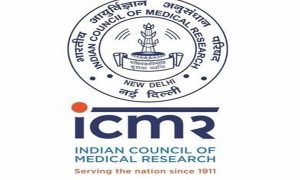Underlining the importance of climate-resilient agriculture systems, MoS for Environment, Forest and Climate Change, Ashwini Kumar Choubey, informed the Lok Sabha in a written reply to a question that climate change is a global collective action problem and requires international cooperation for its solution. Further, the science of attribution of changes in rainfall patterns and other weather-related events is far more complex and is currently an evolving subject.
The changes as observed may arise from a number of causes, including the inherent variability in climatic systems that are common in the biosphere and geosphere. India has an agriculture-based economy. As per the Indian Economic Survey 2018, agriculture employed more than 50% of the Indian work force and contributed 17–18% to the country’s GDP.
What is climate-resilient agricultural system?
Climate resilience is a fundamental concept of climate risk management. In this context, resilience implies the ability of an agricultural system to anticipate and prepare for, as well as adapt to, absorb, and recover from the impacts of changes in climate and extreme weather. UN’s Food and Agriculture Organization (FAO) says, “Resilience can be enhanced by implementing short and long-term climate mitigation and adaptation strategies, as well as ensuring transparent and inclusive participation of multiple actors and stakeholders in decision-making and management processes.”
Schemes to challenge climate-change
India’s various Ministries, Departments, States and Union Territories have formulated schemes to challenge climate change, comprised of the following:
1. National Action Plan on Climate Change (NAPCC), which comprises missions in specific areas of solar energy, energy efficiency, water, sustainable agriculture, Himalayan ecosystem, sustainable habitat, green India, and strategic knowledge for climate change
2. Taking into account the State-specific issues relating to climate change, State Action Plans on Climate Change (SAPCC) in line with NAPCC are also prepared by the 34 States /Union Territories (UTs)
3. Flood Forecasting– On International and Inter-state Rivers, flood forecasting is formulated and issued by the Central Water Commission (CWC) as short-range forecasting and five day’s advance flood advisory. As a non-structural measure of flood management, CWC issues flood forecasts for 333 forecasting stations (199 river level forecast stations and 134 dam or barrage inflow forecast stations) in the country. These stations cover 20 major river basins in 23 States and 2 Union Territories of India.
4. Agrometeorological Advisory Services (AAS)– India Meteorological Department, Ministry of Earth Sciences in collaboration with Indian Council of Agriculture Research (ICAR) and other institutions is rendering district/block level Agrometeorological Advisory Services (AAS) for the benefit of farmers in the country under the scheme “Gramin Krishi Mausam Sewa (GKMS)”. The main emphasis of the existing AAS system is to collect and organise climate/weather, soil, and crop information, and to amalgamate them with weather forecasts to assist farmers in taking decisions on day-to-day farm operations, which can further optimise the application of input resources at farm level during deficient rainfall situations and extreme weather events to reduce monetary loss and maximise crop yield.
5. Per Drop More Crop scheme– Department of Agriculture and Farmers Welfare is implementing the Per Drop More Crop Scheme. It mainly focuses on water use efficiency at farm level through Micro Irrigation (Drip and Sprinkler Irrigation System).




























 WhatsApp us
WhatsApp us